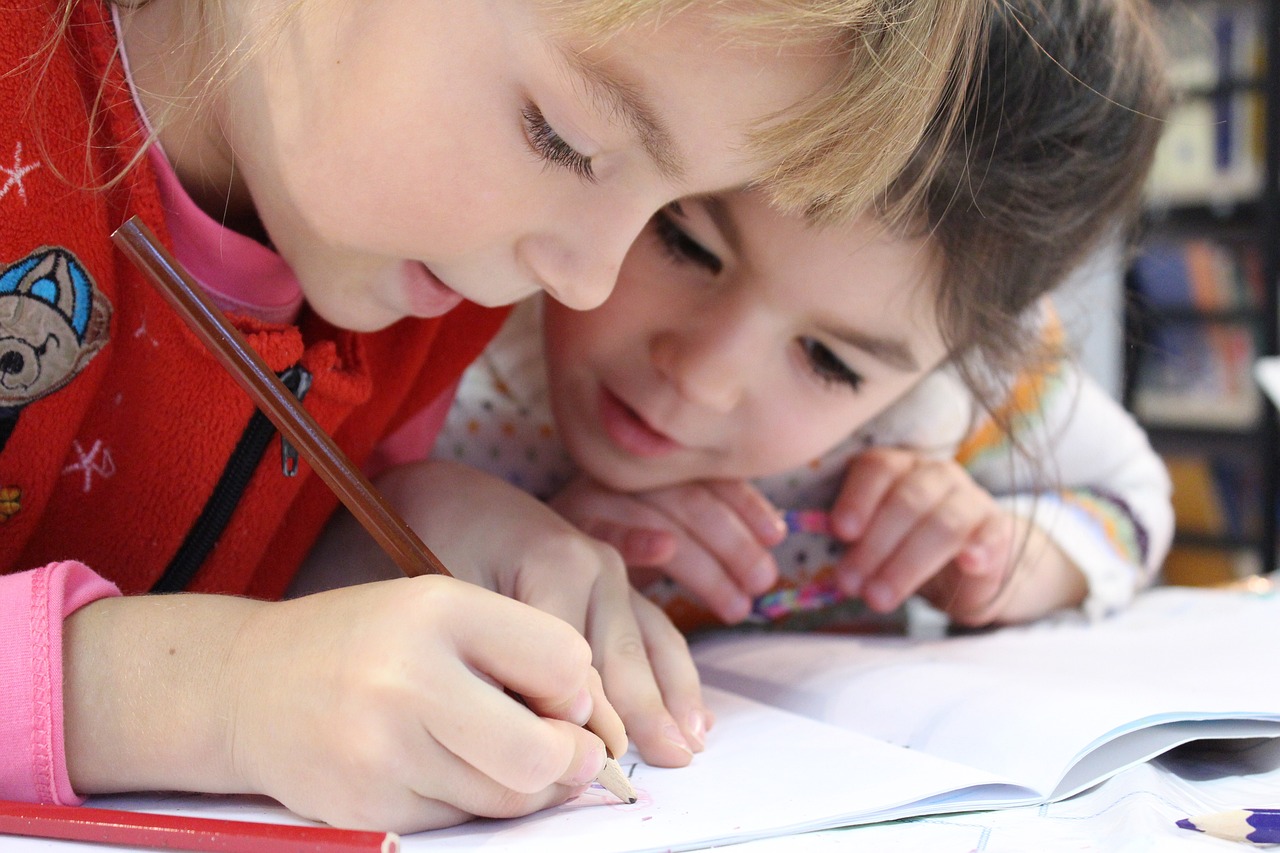Halloween EFL lesson plans at the ready – it’s that spooky time of year again! The ghosts and ghouls come out to play on 31st October and pumpkins with scary faces will adorn many a doorstep. Halloween is that one
Halloween EFL Lesson Plans: Ghostly Games and Eerie Ideas









